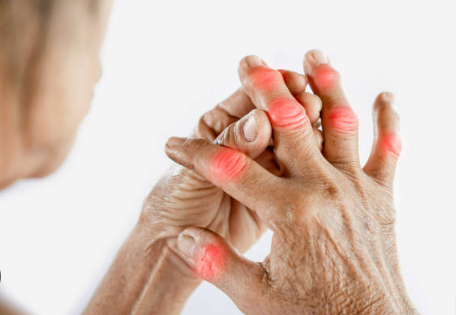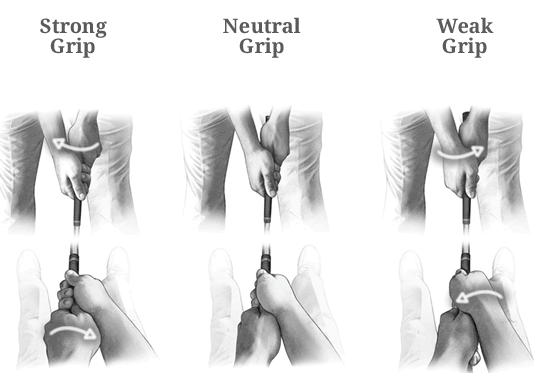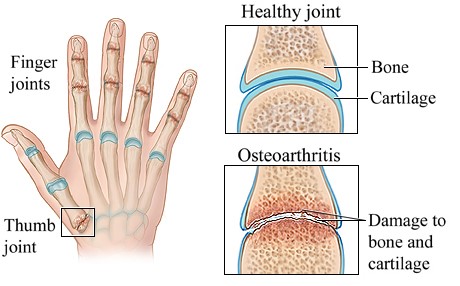Knuckle cracking is a common habit that many people find satisfying or stress-relieving. However, this seemingly harmless action can have undesirable consequences on your joints and overall bone health, especially if not done right or done too frequently.
What causes the cracking sound?
According to a senior faculty editor at the Harvard Health Publishing, Robert H. Shmerling, when you crack your knuckles, you are increasing the space between your finger joints, causing gas bubbles in the synovial fluid to collapse or burst. This process is similar to stretching a balloon until it pops.
The gas bubbles take some time to accumulate again in the joint, which is why you cannot crack the same knuckle repeatedly.
Dangers of knuckle cracking
Now that we understand the mechanics behind knuckle cracking, let’s explore the potential risks and negative outcomes associated with this habit.
Joint pain: Contrary to the belief that knuckle cracking relieves joint pain, it may actually worsen pain in the fingers and wrists. The repetitive trauma caused by cracking the joints can lead to discomfort and inflammation.
gas bubbles take some time to accumulate again in the joint, which is why you can’t crack the same knuckle repeatedly
An article by Washingtonpost warns about the effects of frequent knuckle cracking in the long run. Seattle-based neurosurgeon, Rod Oskouian, warns that “Knuckle cracking over the years will cause repetitive trauma to the joints and cartilage”.

The result of a study carried out in 2017 by a team of Turkish scientists on 35 people buttressed this. The study found that cracking the knuckles frequently – about five times a day – causes a thickening of the metacarpal cartilage, which is a major early sign of osteoarthritis.
Swelling: Frequent knuckle cracking can be associated with joint swelling. This can result in a reduced range of motion and impaired hand function, making it difficult to perform everyday tasks.
Weak grip

The results of a 1990 study carried out on 300 patients ages 45 years and above, found that individuals who habitually crack their knuckles experience a weaker grip compared to those who don’t.
This was attributed to the cavities formed between the joints, which can impact grip strength and overall hand function.
The study concluded that frequent knuckle cracking can cause the hands to be functionally impaired in the long run.
Cartilage degeneration

The Northern Inyo Healthcare District, on its official webpage, warns that prolonged knuckle cracking can cause damage to the cartilage within the joints.
As the protective cushioning between our bones, cartilage is essential for maintaining healthy joints. However, the repetitive stress associated with knuckle cracking can lead to cartilage degeneration, potentially resulting in osteoarthritis.
Increased risk of hand injuries

In rare cases, knuckle cracking can lead to more serious hand injuries, such as joint dislocations or tendon damage. Quoting a line from an article on the website of NIHD, it states “If you pull or crack your knuckles incorrectly, you can actually cause a ligament injury or even dislocate your fingers”.
frequent knuckle cracking can cause the hands to be functionally impaired in the long run
These outcomes may occur when excessive force is applied during the cracking process or when an individual has a preexisting condition that makes them more susceptible to injury.
Tips for quitting knuckle cracking
If you’re concerned about the potential dangers of knuckle cracking, there are several strategies you can implement to kick the habit.
• Stay aware of your actions: Many people crack their knuckles unconsciously. By becoming more aware of your habit, you can take steps to stop yourself before you crack your knuckles.
• Keep your hands occupied: Engaging in activities that require manual dexterity can help distract you from the urge to crack your knuckles. Drawing, writing, and crafting are all excellent options.
the repetitive stress associated with knuckle cracking can lead to cartilage degeneration, potentially resulting in osteoarthritis
• Seek support: Enlist the help of friends and family to gently remind you when they notice you cracking your knuckles. This external reinforcement can help keep you accountable and focused on quitting.

• Manage stress: Since knuckle cracking is often a stress response, finding alternative stress-reducing techniques can help curb the habit. Meditation, exercise, and deep-breathing exercises are all effective ways to manage stress without resorting to knuckle cracking.
• Consult a professional: If your knuckle-cracking habit is causing significant distress or impairment, consider seeking professional help from a therapist or medical professional to address any underlying issues.
Conclusion
While the occasional knuckle crack may not be harmful, developing a long-term habit can lead to a variety of negative consequences, including joint pain, swelling, weak grip, cartilage degeneration, and an increased risk of hand injuries.
By understanding the dangers of knuckle cracking and implementing strategies to break the habit, you can promote healthier joints and overall well-being.


